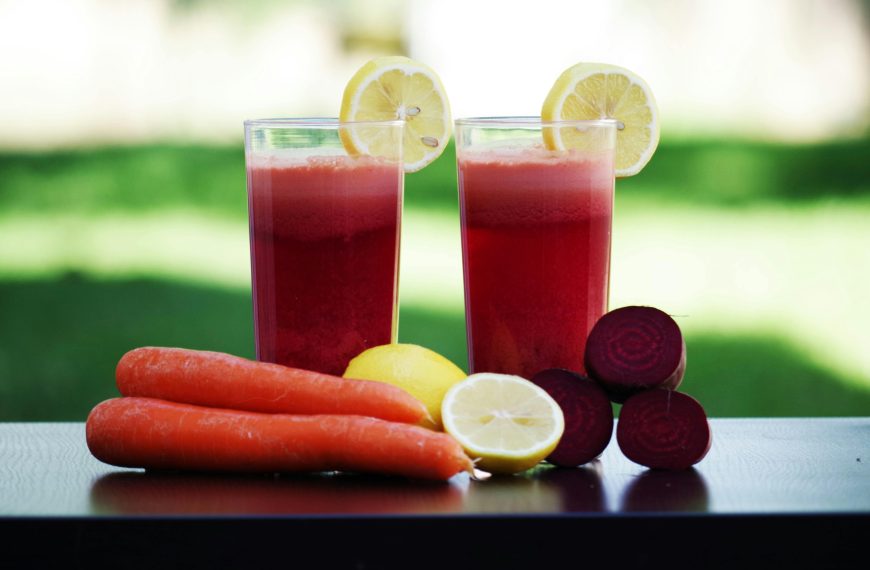As parents, ensuring the well-being and health of our children is a priority. A crucial way to lay a foundation for a child’s health is through their diet. With an increasing understanding of the advantages of organic foods, many parents are opting for organic baby food to give their little ones the best start possible. This article explores the significance of organic baby food, its perks, and how it nurtures babies with nature’s elements.
What Does Organic Baby Food Entail?
Organic baby food consists of ingredients that are cultivated without pesticides, fertilizers, genetically modified organisms (GMOs), or ionizing radiation. The organic certification also guarantees that livestock used in dairy and meat products do not receive antibiotics or growth hormones. By adhering to natural farming methods, organic baby foods steer clear of chemicals and pollutants that could negatively impact a baby’s growth.
The Advantages of Organic Baby Food
- Minimized Exposure to Harmful Chemicals
A significant motivation for parents choosing organic baby food is to reduce their child’s exposure to potentially harmful chemicals. Non-organic farming often involves using pesticides and fertilizers, which may leave residues on fruits and vegetables. Research has shown that infants and young children are more vulnerable to the effects of these chemicals due to their developing bodies and lower body weight.
- Enhanced Nutrient Content
When it comes to nutritional value, organic fruits and vegetables are known to have higher levels of essential nutrients compared to their non-organic counterparts. Studies suggest that organic produce can contain increased amounts of vitamins, minerals, and antioxidants essential for infants’ growth and development, supporting functions like brain development and immune system health.
- Avoiding GMOs
Organic baby foods are guaranteed to be free from genetically modified organisms (GMOs). The potential long-term impacts of GMOs on health continue to be a topic of discussion among experts. Opting for organic options allows parents to steer clear of these uncertainties and provide their babies with food that closely resembles its natural form.
- Better Taste
Many parents and experts argue that organic fruits and vegetables offer a better taste compared to conventionally grown produce. This enhanced flavor can play a role in shaping a baby’s eating experiences, encouraging them to develop a liking for various fruits and vegetables as they grow older.
- Supporting Sustainable and Ethical Agriculture
Opting for organic baby food not only boosts your baby’s health but also promotes sustainable and ethical farming practices. Organic farming focuses on soil health, biodiversity, and ecological harmony, contributing to environmental preservation for future generations. Moreover, it enhances the well-being of farm workers by minimizing their exposure to chemicals.
Transitioning to Organic Baby Food
Switching to organic baby food can be a gradual process. Here are some suggestions to assist you in making the transition:
- Begin with the Basics
Ease into organic baby food by starting with single-ingredient purees. First foods like sweet potatoes, carrots, peas, and apples are gentle on a baby’s stomach and offer vital nutrients.
- Pay Attention to Labels
When buying organic baby food products, carefully review the labels. Look for the USDA Organic seal or other certifications indicating compliance with organic standards. Additionally, check for additives like sugars, salts, or preservatives that aren’t beneficial for your baby.
- Try Homemade Organic Baby Food
Creating your baby’s meals at home can be a budget-friendly and rewarding choice. When you use organic ingredients, you have control over the quality and types of food your baby consumes. Get yourself a blender or food processor and try out different recipes to discover what your baby likes best.
- Introduce Diversity
Include a range of fruits, veggies, and grains in your baby’s meals. This not only ensures they get a variety of nutrients but also helps them develop a liking for different tastes and textures. As time goes by, you can mix ingredients to create more intricate dishes.
Overcoming Obstacles
Although the advantages of organic baby food are evident, there may be challenges when transitioning. One common issue is the cost factor. Organic items can be pricier than non-organic ones. Nevertheless, many parents feel that the peace of mind and health benefits justify the expense. Buying in bulk, selecting seasonal produce, and making homemade baby food can assist in managing expenses.
Another obstacle is availability. Depending on your location, it might be tough to find a wide selection of organic baby food choices. Online shopping and farmers’ markets can serve as alternatives if your nearby supermarket has limited options.
Opting for organic baby food provides a natural way to nourish your little one. When you choose organic options, you’re prioritizing your baby’s health, supporting sustainable farming methods, and encouraging a lifelong love for healthy eating. While introducing organic baby food into your child’s diet may pose some challenges, the rewards definitely outweigh the hurdles. Offering your child the best of nature is a gesture that will enhance their growth, development, and overall wellness.
In a society where parents are increasingly conscious of how diet impacts health, organic baby food stands out as a top-notch choice. It symbolizes a dedication to excellence, well-being, and eco-friendliness that benefits not only our kids but also the environment. As our understanding of nutrition grows, organic baby food is sure to play a pivotal role in nurturing the upcoming generation.









